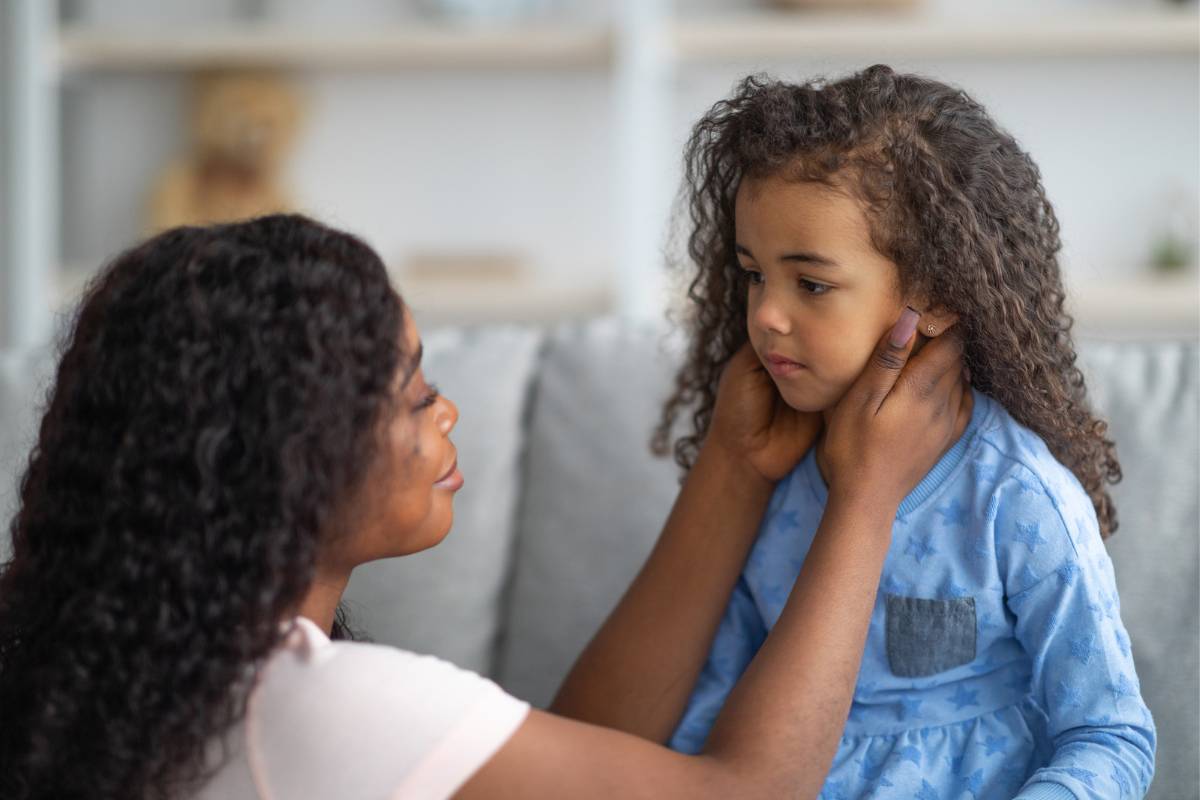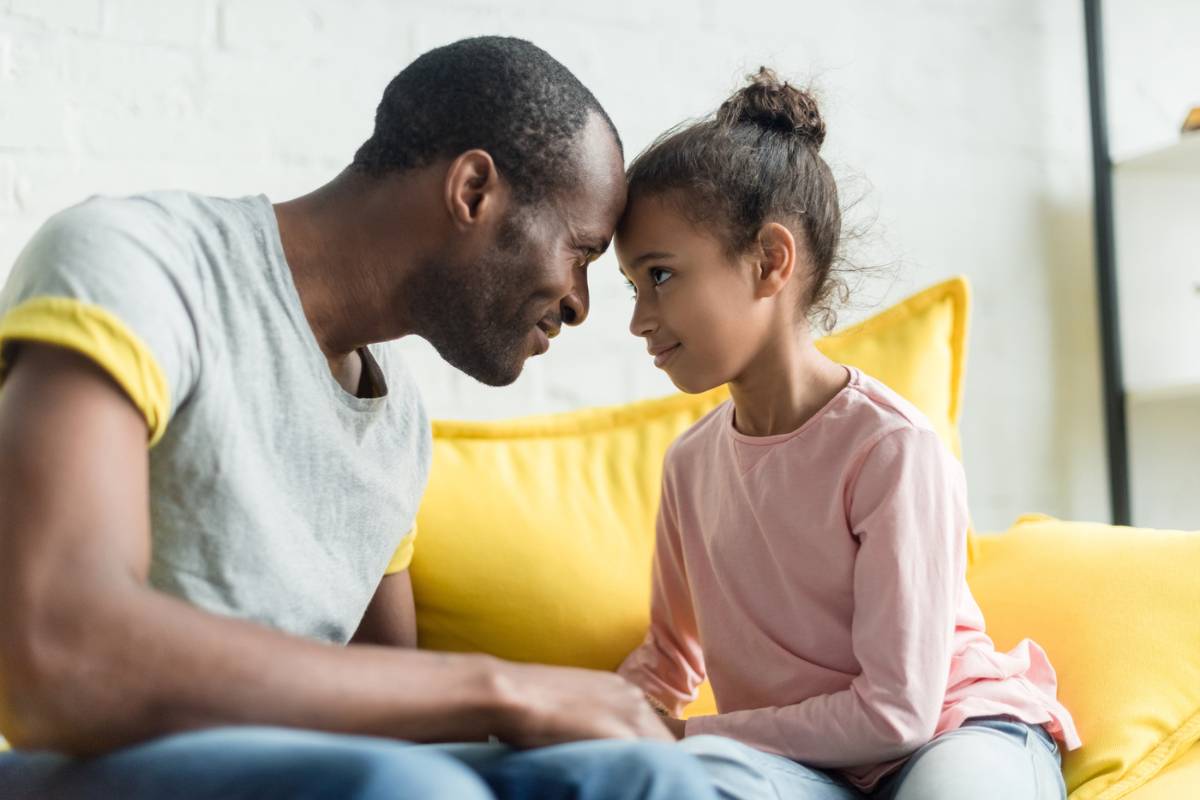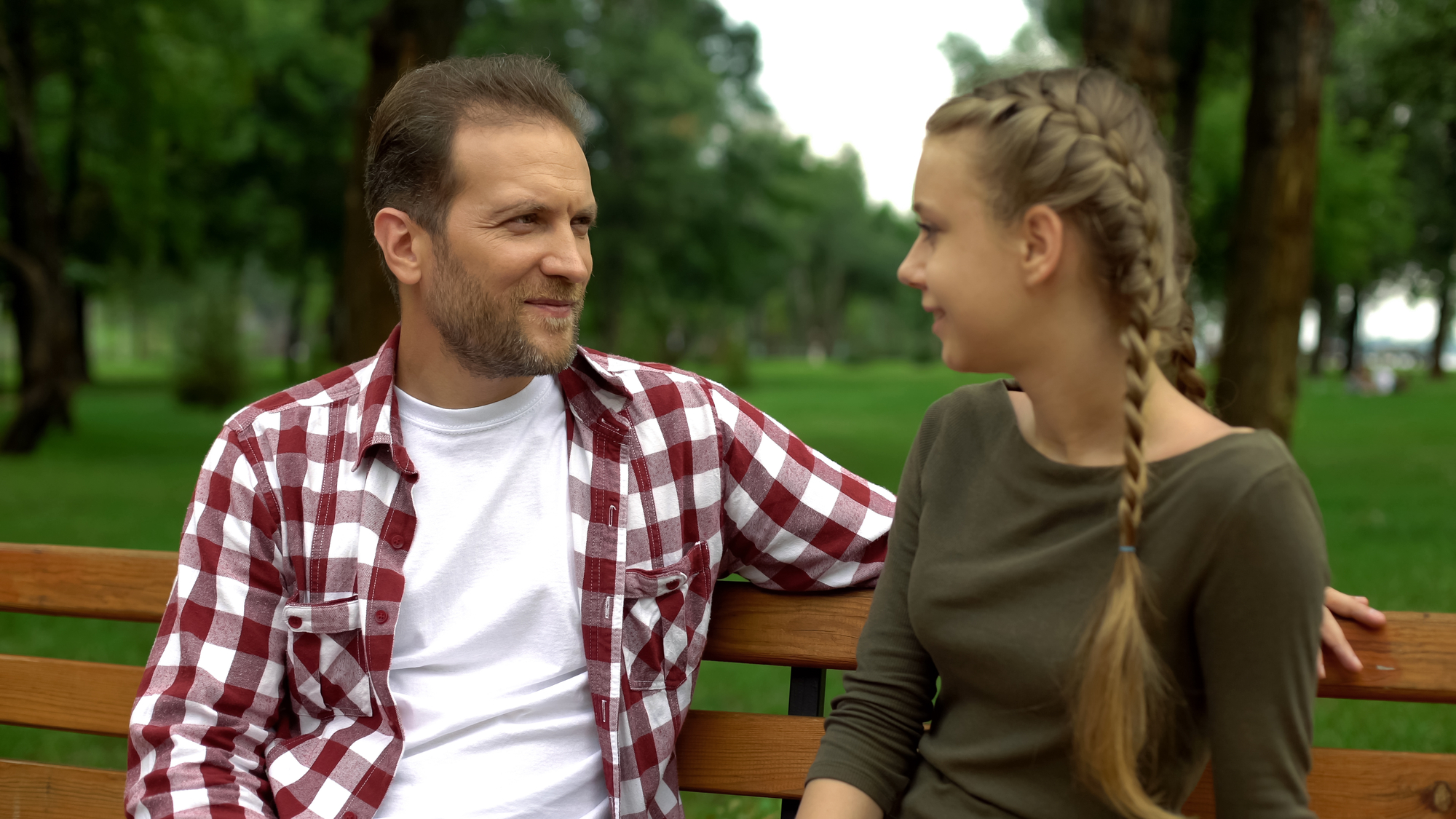Childhood experiences, both good and bad, shape a child’s developing brain. Communities play a role in providing positive environments and preventing adversity.
Why Does Childhood Adversity Matter?
Adverse childhood experiences and environments are common. They include things like witnessing violence or experiencing discrimination.
If children don’t get support when facing adversity, it can cause long-lasting harm, undermining children’s emotional and physical health.
When children are exposed to severe adversity, and adults aren’t there to help them cope, their stress systems can over-activate. This “toxic stress response” increases the risk of later health problems. Yet children can tolerate severe stress -- if stable, responsive adult relationships are in place to buffer the negative impact.

How Early Adversity Impacts Children
In the late 1990s, a landmark study showed a powerful relationship between serious, negative events in childhood and people’s physical and mental health in adulthood.
The Adverse Childhood Experiences (ACE) study asked adult patients to report some potentially traumatic events that they may have experienced before age 18. Researchers asked specifically about 10 difficult experiences — things like witnessing or experiencing violence or living with a family member with a mental illness — and then looked to see how the number of ACEs tracked with adult health outcomes.
Some findings fit with what we might expect. For example, people who had experienced abuse or neglect as kids were more likely to have mental health challenges as adults.
But other findings were surprising — like the realization that the more early adversity a person experienced, the more effect it had in later life. One serious event in childhood seemed to have few or no long-term consequences. But multiple ACEs increased the risk of health problems in adulthood.
For example, children who experienced four adverse experiences were twice as likely to be diagnosed with cancer than those who had no significant experiences of childhood trauma.
Is Adversity Common?
If you or your child have faced serious adversity, you’re not alone. Most people in Maryland have experienced at least one form of adversity by the time they are adults.
About 1 in 4 Maryland residents have experienced 3 or more ACEs, according to The Maryland State Council on Child Abuse & Neglect.
What Can Be Done?
As a state, we can promote health and well-being by taking steps to prevent adversity in the first place and offering support for people who have experienced adversity, especially children and the adults in their lives.
You can listen to Episode 17 of What's the 211? podcast to hear how Springboard Community Services is working with Harford County to build a self-healing community that reduces incidences of adverse childhood experiences.


211 Connects Parents to Support
It takes a community to prevent ACEs. Economic support, positive parenting and quality care and education are three foundational ways to prevent this trauma.
211 supports parents with resources for housing, utility bills, employment and child care.
When you call 2-1-1, you'll talk to an Information and Referral Specialist who can help you identify the programs and resources that can provide support.
You can also connect with a family peer support program or other parenting support program.
Teen text support
MDYoungMinds is a teen text support program that discusses teen concerns. Sign up by texting MDYoungMinds to 898-211.
If you or someone you know needs immediate support, call or text 988. You'll speak or text with someone at the 988 Suicide & Crisis Lifeline. Online chats in English and Spanish are also available.
Join a family peer support group
You can also contact The Maryland Coalition of Families. They offer Family Peer Support Specialists who can help families navigate services, listen to concerns, attend meetings with the family, explain rights, make connections, provide learning and outreach opportunities.
The service is free. Call 410-730-8267 and press 1 for immediate support. You can also contact the local peer support specialist in your county.
MCF also offers support groups across the state for grief, substance use, peer support and more. Find a Maryland support group for parents, caregivers or young adults.
You can also find resources for several mental health concerns like trauma, ADHD and depression in the Children's Mental Health Matters Family Resource Kit, available in English and Spanish.
